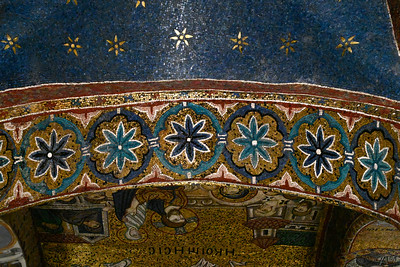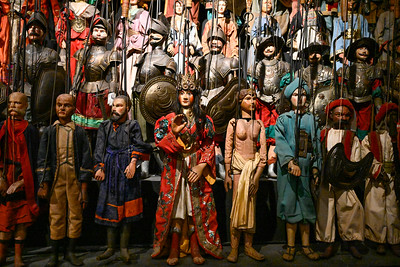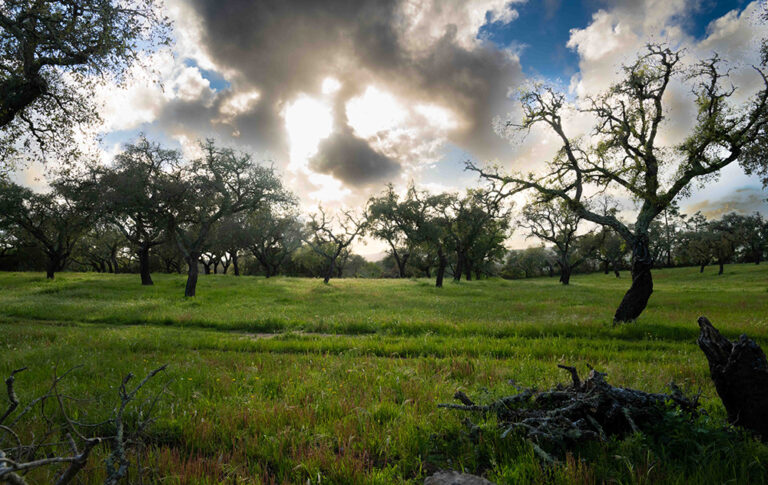On privilege and the “class consciousness of frequent travelers”
In his essay “‘Belonging’ in the cosmopolitan imaginary,” Craig Calhoun takes cosmopolitanist theoreticians to task for their general disregard for the meaning and value of our local webs of belonging (“social fields”), before launching into his denunciation of the elitist impulses behind this thinking: “The point is not simply privilege. It is that a sense of connection to the world as a whole, and of being a competent actor on the scale of ‘global citizenship’ is not merely a matter of the absence of more local ties. It has its own material and social conditions. Moreover, the cosmopolitan elites are hardly culture free; they do not simply reflect the rational obligations of humanity in the abstract (even if their theories try to). To some extent, the cosmopolitan elite culture is a product of western dominance and the kinds of intellectual orientations it has produced. It reflects ‘modernity’ which has its own historical provenance” (543).
This passage kindles my memory of a disturbing moment in my family’s homestead, Puebla de Trives (Galicia, Spain), back in the early 1970s, when my cousin Esther’s husband, Gabriel, launched into a impassioned diatribe denouncing the inequality that children in the 3rd world suffer in comparison to those who grow up in America. “It’s not fair!”, Gabriel was shouting, as he strutted and puffed vigorously on his faria (a cheap Spanish cigar). It was as if he was defending his turf, taking up arms on some self-defined pret-à-porter rampart that we was given to mounting on the spot, without warning, for God knows what reason.
God and me. For I had no qualms at all with what my beloved cousin was spouting off. My experiences in Berkeley ’68 had sharpened my sense of equality and justice for all. Moreover, had had been subjected for years to European Vietnam-era/race riot-era anti-Americanism. But it was the hidden meaning and purpose of the when, where, and how that I could see so clearly and that made the moment so difficult. Gabriel was threatened by the presence of my father and uncle, who had left their village near Trives decades before (1920s and 30s) to escape poverty and find a more comfortable existence in more promising economies. My father never renounced his Spanishness, but for him and for my uncle America was sacred for all that it had given them. Gabriel’s path was similar in a sense, given that he fled his post-war misery in his native Andalucía in the 1940s to take up work in a newly constructed hydroelectric plant in Galicia, and where he fell in love with my cousin Esther, the daughter of a local farmer (my uncle Samuel). Esther adored her uncles just as she adored me, but I wasn’t a threat to Gabriel. He was older and was assured of my affection. Once he told me that I was the only one who really understood him. This was not the case with his wife’s uncles, who tolerated poorly Gabriel’s irascible nature, his sporadic outbursts, and patriarchal treatment of their beloved niece. I saw all of this, but I saw more. And, anyway, my cousin’s love for her husband was enough for me to understand that my job was to figure out how to share in her love for Gabriel. And I did.
But there was so much more to that moment than a crisis of family affect. I felt a terrible disconnect between competing truths: Gabriel’s on the one hand, plus the truth of all the hardships that my father and uncle had endured to be able to live a comfortable life in the new world. Somehow, Gabriel seemed to discredit the who heroic saga of emigration and hard work that I had come to idealize in my father’s story as a child, the saga that formed the bedrock of my own success. It was as if I was been denounced for having cashed in on the modicum of privilege that allowed me, as the youngest son of a working class family in the gilded age of the American working class, to study and travel. I was dealing with the very privilege that allowed me to spend long periods of time in Europe and to integrate myself into the structure of my Spanish family. This all put my own critical attitudes toward the broad swath of Anglo-American society that was truly privileged in my eyes into an uncomfortable frame of reference. Negotiating that moment was excruciatingly disturbing, and it involved the same practice of interlocking glances that my cousin and I had developed over the years, the communicative sign of our mutual affection, understanding, tolerance and patience.
Gabriel exemplified a whole cohort of working class Europeans (Spaniards) who refined their class consciousness and their sense of social justice through their political and union affiliations. The odd thing was that my father and uncle underwent the same education as Gabriel, only in different schools. Gabriel’s anger emerged in the end from a school rivalry which not only trivialized the noble ideals he was espousing but actually used them recklessly to mask something quite different. My job was to try to minimize the collateral damage, but that wasn’t easy and I wasn’t always successful.
So I was caught in the middle, struggling to reconcile my ideology with the psychosocial fabric of my family and as the only one who could see the various levels of meaning that were wafting through the cigar smoke. At times, being a “competent actor on the scale of ‘global citizenship'” comes with a price, especially when the family structure has a global dynamic.






